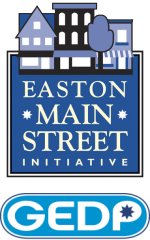Check out these links for great tips on writing press releases:
http://service.prweb.com/learning/article/quality-online-press-releases/
http://onlinepublicityjournal.com/category/press-release-writing/
http://www.press-release-writing.com/press-release-template
Here are some events or situations that often lead almost effortlessly to lots of free publicity:
- Organizing an event open to the public
- Achieving significant recognition in your field
- Release of a book or record, opening of an exhibit, etc.
- Performing an important service to the community
- Inventing, manufacturing, or offering a new product or service
- Being present at—or, better still, involved in—major news events
- Joining or taking leadership in a professional or community service organization—especially one with membership standards
- Offering apprenticeships, training programs, classes, or opportunities to volunteer
But you can also get some coverage of far more mundane events. You may not get followed around by a reporter, but you might well get your releases in the paper—and reap all the benefits we discussed earlier. Here are a few examples:
- Moving or opening a new branch
- Educational achievements (including attending work-related seminars) or other accomplishments by members of your staff
- Hosting an open house
- Hiring or promotion of employees
- Issuance of any publication available to the public
The Event: A Cornucopia of Publicity Opportunities
The easiest way to turn the press into your publicity bureau is by having an event. An event gives the press a handle; they understand how to treat events as news, and as promotable calendar items. Having any kind of event makes you automatically newsworthy. So a good trick for you as the publicist is to phrase your activity as an event. Yes, the same techniques apply to other promotable activities, but so many more doors are opened by linking your publicity agenda to some kind of event that I’d encourage you to do them whenever possible.
For instance, don’t just have a sale; a sale is not a news event, but a commercial device to increase business. But a sale can be rolled into something more newsworthy, such as: charity dance-a-thon with reduced prices on dancing shoes and leotards; appearance by a local person who is known for using your product, with concurrent sale on the product; craft demonstration by an artisan who uses materials that you sell, with price cuts in those supplies; foot race from a central point to your food shop, with free refreshments for participants; old shoes trade-in: deduct 10% off the price of a new pair of shoes by bringing in an old but still usable pair for donation to charity; food sampling fair, with discounts on all the participating foods; plain, old party with store-wide clearance sale; concert in a music store, with sales on the instruments the band plays; downtown cleanup with free brooms to participants, as well as a sale on trash bags, rubber gloves, etc.
Of course, it’s not necessary to have a sale as part of your event. Many wonderful events can happen without a sale. But if you want a sale, you can get a lot more publicity if you focus on the event. Toward the bottom of your release, mention the sale: “To honor Emma Lazarus’ reading and book signing, Great Books is having a sale on every book that contains any of her poems,” or “In conjunction with the charity skate-a-thon, Alfredo’s is offering reduced prices on all skates and skating wear.”
The Community Service Tie-In
You will notice many promotable events involve charity or community service. This is not coincidence. It is always easier for a business to get free publicity if it’s also promoting a cause. Food donations, community improvement projects, and raising/donating money all attract publicity—and help something you genuinely believe in.

